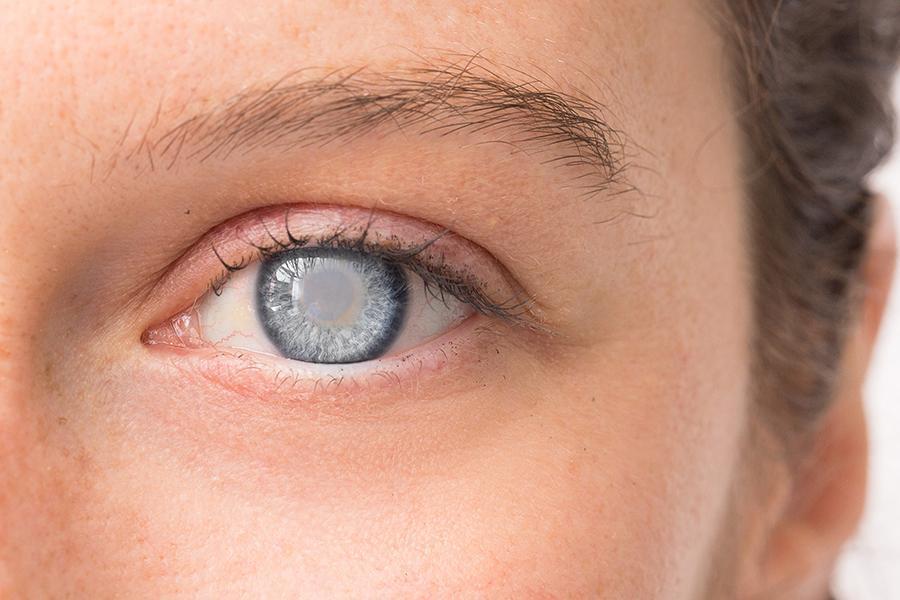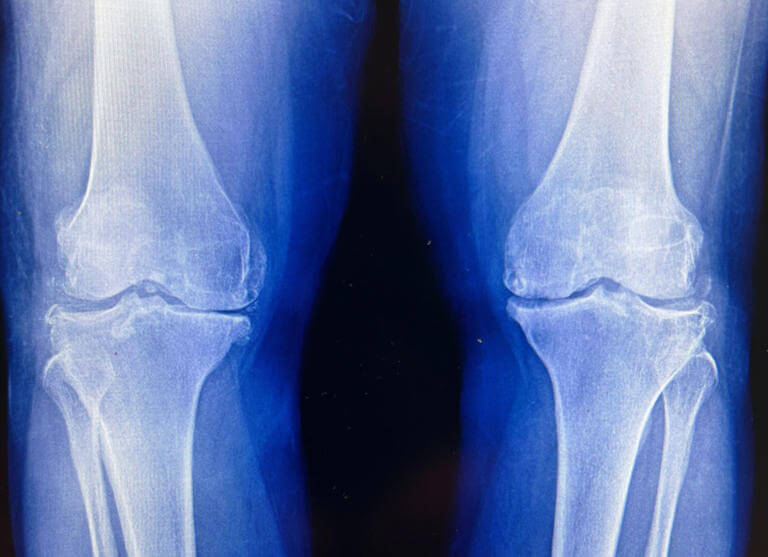Protein, salt make you sleepy after large meals: study

Do you often feel
sleepy after a large meal? Higher protein and salt content in diet as well as
the amount of food consumed may be to blame, scientists say.
Scientists from The Scripps Research Institute in the US have for the first time found a way to study 'food comas' in the fruit fly Drosophila melanogaster and explained some of the causes behind this phenomenon.
They created a system that can measure both the sleep and feeding behaviours of individual fruit flies and discovered that, in much the same way as humans, the animals sleep for longer periods following larger meals.Further studies also showed that certain types of food can promote post-meal sleep.
"In Drosophila,
there is a well-documented interaction between sleep and metabolism, whereby
flies suppress sleep or increase their activity when starved," said
William Ja, associate professor at Scripps Florida.
"However, the acute effects of food consumption on sleep have not yet been tested, largely because there was no system available to do so," Ja said.Researchers created the Activity Recording CAFE (ARC), the first system for flies that enables visual tracking of food consumption and animal motion.
Recordings of fruit flies' behaviour from this system show that, after eating a meal, the animals sleep more before returning to a normal state of wakefulness.
The sleep period
generally lasts around 20 to 40 minutes, with flies that eat larger portions
generally
sleeping more.To determine if individual nutrients could modulate
post-meal sleep, the team gave the flies food consisting of protein, salt or
sugar.
They found that only protein and salt were effectors of post-meal sleep, suggesting that this form of sleep can indeed be regulated by specific food types.
"We next sought to identify a neuronal mechanism by which feeding drives post-meal sleep," said first author Keith Murphy."By using genetic tools to turn neurons on and off in the fly brain, we were surprised to find a number of circuits that play a role in controlling this behaviour," Murphy said.
Previous research has shown that leucokinin (Lk) neurons are involved in meal-size regulation, indicating that this system acts rapidly during feeding to signal a behavioural shift.Building on this work, researchers demonstrated that the Lk system plays a role in post-meal sleep.
"A subset of leucokinin receptor (Lkr) neurons was necessary to initiate post-meal sleep in the presence of protein specifically," Murphy said."While we expected that flies defective in protein sensing would experience post-meal sleep in a similar way to those fed only sucrose, we found instead that they had a waking response," said Murphy.
"Our analysis suggests that ingested protein promotes both sleep and wakefulness, and that the wakefulness is counterbalanced by Lkr neuronal activity," he said.
The study was
published in the journal eLife.
AIMIM News
Latest Urdu News
Most Viewed
Can Lionel Messi's visit boost Indian football?

























.jpg)
.jpg)
.jpg)


